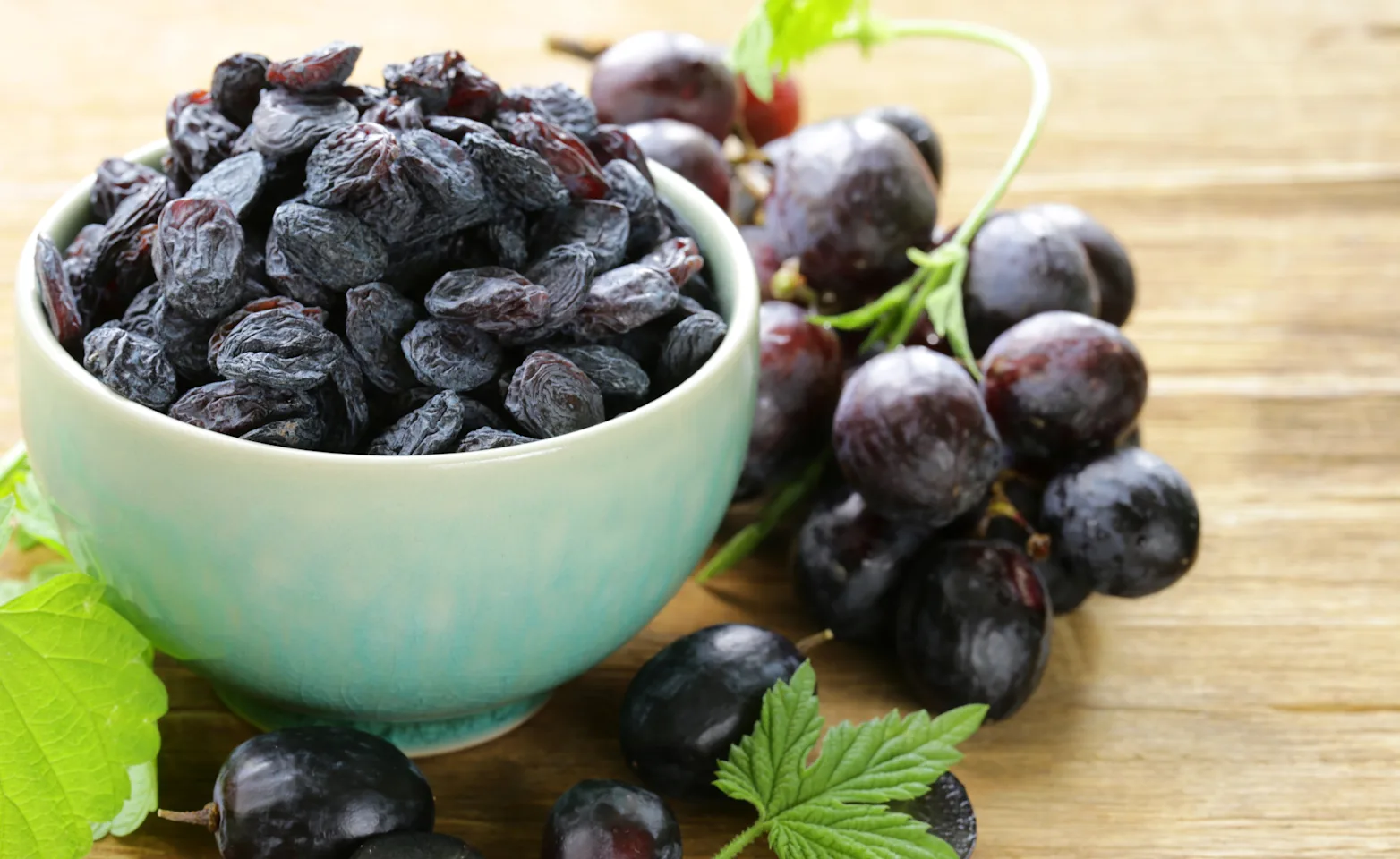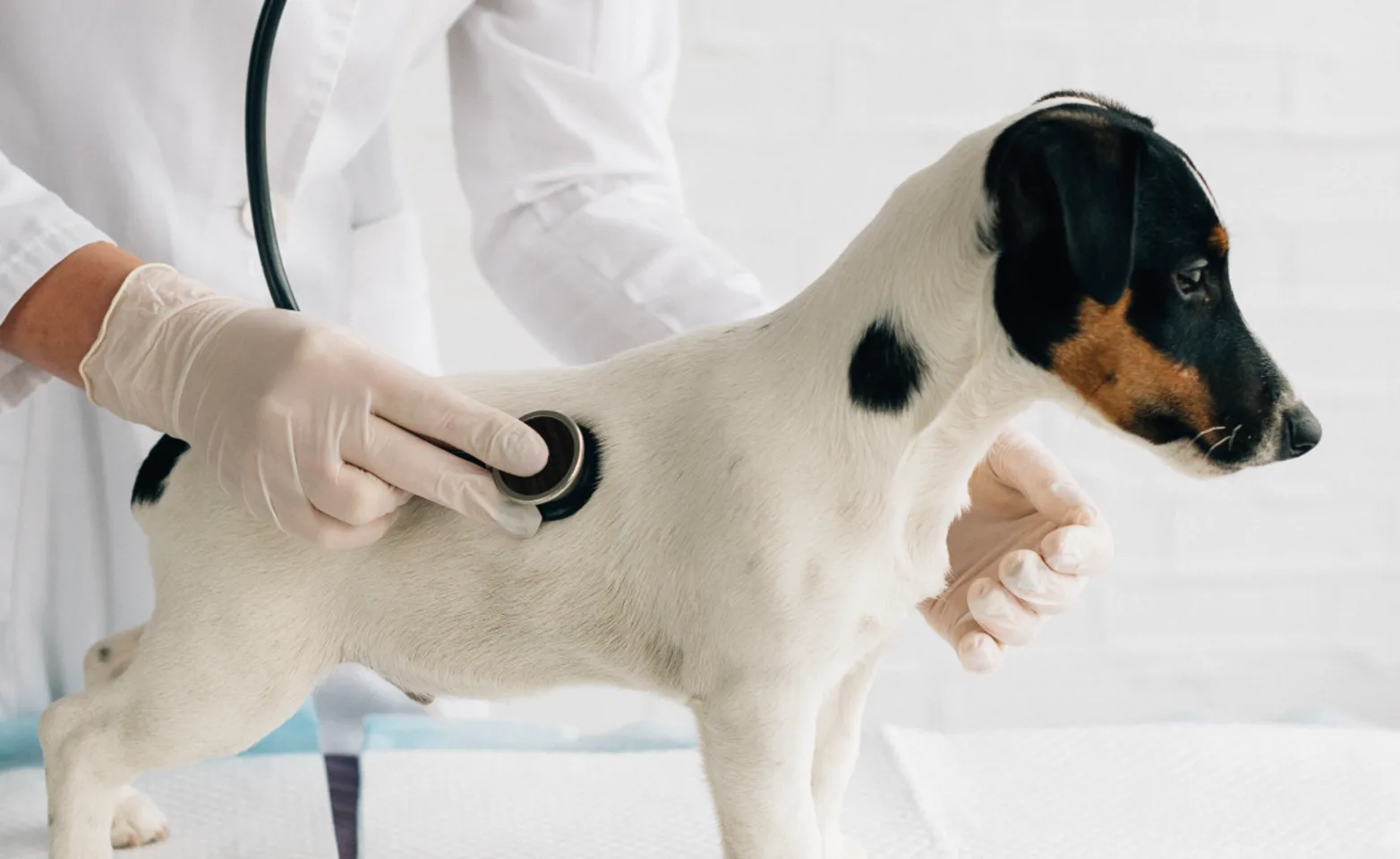Pet Emergency & Referral Center

Grapes and raisins can cause serious kidney damage (acute kidney injury) in dogs, though not all dogs are affected the same way. The exact toxic dose is unclear, and some dogs may eat large amounts without any issues, while others can develop kidney failure after eating only a few. Recently, tartaric acid in grapes has been suggested as the toxic agent, but sensitivity varies between individual dogs. Toxicity in cats and ferrets is rare and less understood. Due to the serious risks, any grape or raisin ingestion should be treated as a potential toxicity and addressed immediately.

Treatment
In-hospital care: Treatment usually includes fluid therapy over 48 hours to protect kidney function, with regular lab tests to monitor progress.
Decontamination: If ingestion is recent, vomiting may be induced, and/or activated charcoal may be given to limit toxin absorption.
Extended care: If kidney function worsens, your pet may need to stay in the hospital longer for further treatment.

What to Watch for at Home
Evidence of ingestion: Look for signs that your pet may have eaten grapes or raisins, such as chewed packaging, children feeding them, or missing foods like baked goods containing grapes or raisins.
Signs of illness: Symptoms may include vomiting, lethargy, loss of appetite, diarrhea, abdominal pain, unsteadiness (like drunkenness), or increased thirst and urination. Keep in mind that not all pets show these signs.
Act quickly: If you suspect your pet has eaten grapes or raisins, it’s best to seek veterinary care immediately, even before any symptoms appear. Early treatment can prevent serious complications.
Additional Information
Raisins vs. grapes: Raisins are more toxic than grapes because they are dried and more concentrated, meaning a smaller amount can cause harm.
Other toxic foods:
Tamarinds, which are also high in tartaric acid, can lead to similar toxicity.
Unpredictable reactions: Reactions to grapes and raisins vary widely. We cannot predict which pets will have problems, even if we know how much they ate. For this reason, it’s best to treat all cases as potentially serious.
Hospitalization needs: Not all pets will require hospitalization. For example, a large German Shepherd eating one or two grapes may be fine, while the same amount could be dangerous for a small Chihuahua.
When to hospitalize: Any pet showing symptoms (see "What to Watch For at Home") should be admitted to the hospital for care.
Follow-up care: Lab work is usually rechecked after discharge to ensure your pet is recovering well.
